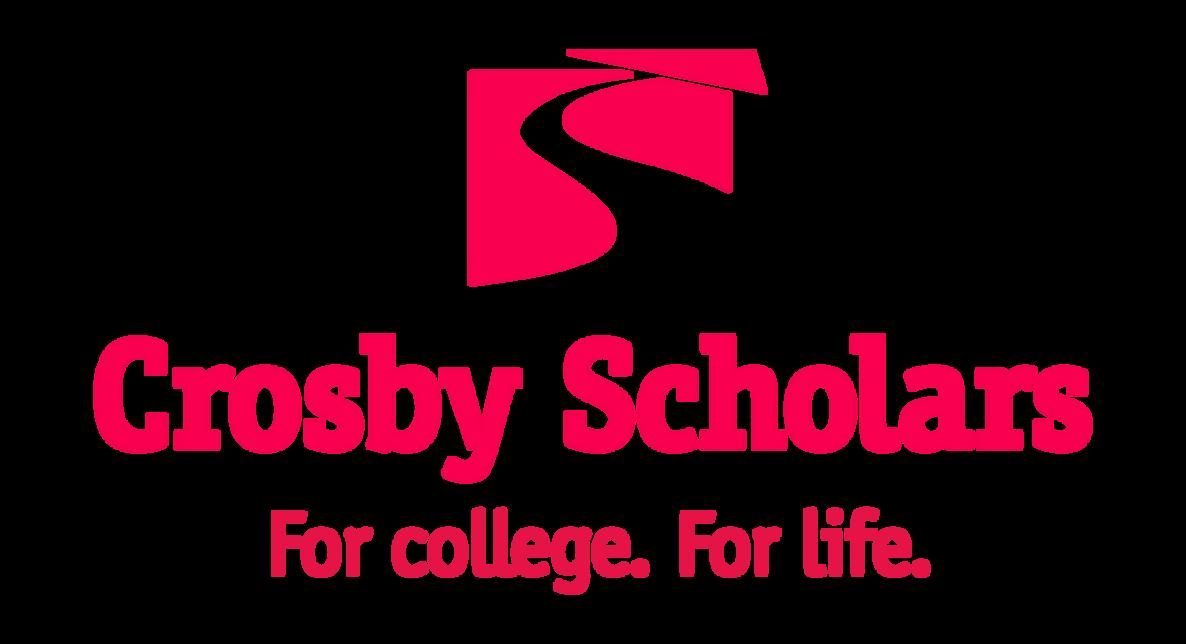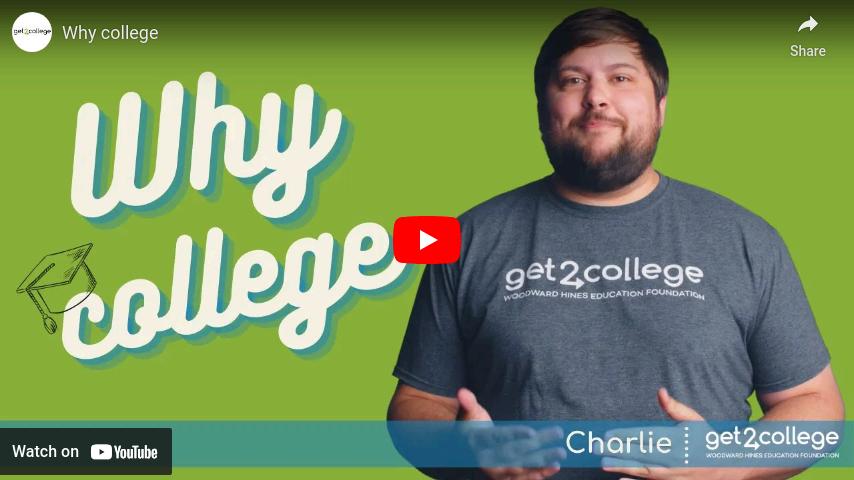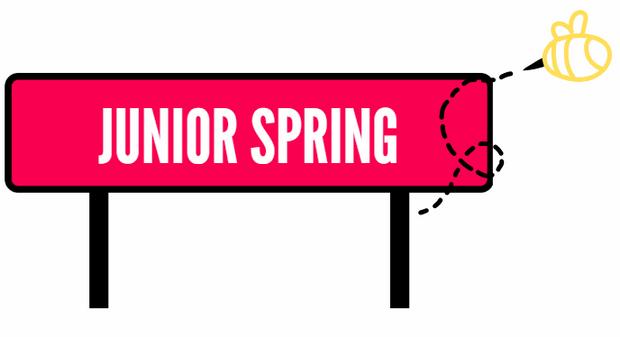JUNIOR ACADEMY
EXPLORE MY OPTIONS





attend 1 Junior Academy
attend 1 Junior Academy
attend 1 Think Like a Senior
2 hours of Community Service by April 1, 2025
1 college fair OR visit 4 college campuses by Dec. 1, 2025
meeting with your 1:1 Crosby Scholars Advisor!

Scholars have the option of being assigned a Crosby Scholars advisor or choosing a student-selected advisor such as a parent or other adult. Discuss the pros and cons of each type of advisor with your parents before you submit your Advisor Form.
STAFF ADVISOR assigned to you by Crosby gives you another adult on your support team! experienced Advisor
STUDENT-SELECTED ADVISOR can be a parent other trusted adult gets Crosby expert advice must agree to time commitment (full year)














"Certificates show that a person has completed a course of study. Licenses are required to practice in some occupations, including teaching and cosmetology.
Schools issue certificates, states or other governments issue licenses, and professional or industry organizations usually issue certifications.
Certifications often involve assessments and documentation of experience and show that workers have attained competency in an occupation."
Source: Bureau of Labor and Statistics
AssociateDegree
All associate degree programs require that students successfully complete about 60 college credits (approx. 20 courses). This can usually be accomplished in about 2 years and are typically earned at a Community College or technical school.
There are 2 types of Associate Degrees: Occupationally focused degrees often an Associate of Applied Science (A.A.S.)
Transfer degrees
earned in academic programs such as Associate of Arts (A.A.) or Associate of Science (A.S.)
BachelorofArts UniversityName
A Bachelor's degree refers to the degree awarded by a college or university for the completion of four years of undergraduate study. There are many types of bachelor's degrees, such as:
Bachelor of Arts (B.A.)
Bachelor of Science (B.S.)
Bachelor of Science in Nursing (B.S.N.)
Bachelor of Fine Arts (B.F.A.)
Bachelor of Architecture (B. Arch.)
A Bachelor's degree student will also choose a MAJOR to focus on within their degree. For instance, you could earn a Bachelor of Arts degree majoring in History or a Bachelor of Arts degree majoring in Economics. Same degree but different majors.
Here are some common paths to pursue your career goals!
CAREER
HIGH SCHOOL
DIPLOMA
TRANSFER TO 4-YR
COMMUNITY
COLLEGE CLASSES
CAREER
CAREER
GRADUATE STUDIES
4-YR
COLLEGE
Here are some common paths to pursue your career goals!
CAREER
CAREER

CFNC gives 8 reasons why you should go to college!
Earn more money
Break out of your shell
Gain new skills
Find your direction
Live a healthier and happier life
Expand your career options
See the world Get involved


Does it really

"The economic advantage of getting a college degree remains at just about an all-time high when compared with the average earnings of Americans with only a high-school diploma."
-New York Times, "Let's Stop Pretending College Degrees Don't Matter" (8/21/23)


Community colleges offer two-year programs leading to the Associate of Arts (AA) or Associate of Science (AS) degree. These colleges also have technical and vocational programs with close links to secondary/high schools, community groups, and employers in the local community.
no housing is provided; all students are commuters community colleges can be large with multiple campuses or small and in a rural setting NC has 58 community college main campuses earning college credit at a community college is usually less expensive (and therefore lowers the overall cost of a bachelor’s degree) more flexible admissions process many community college students also work parttime or full-time jobs so the class schedule is often more flexible



Source: Education USA and CFNC
"Liberal arts colleges are four-year undergraduate institutions that focus on the liberal arts and sciences. The liberal arts doesn’t refer to a political affiliation, as commonly misperceived. “Liberal” in this usage [means] a broad education in the Arts and Sciences which therefore greatly expands knowledge and thus frees the mind to think in more expansive capacities.
And, when we say a “broad” education, we don’t mean “in general,” or potentially wishy-washy or unfocused. It’s anything but."
The traditional study of liberal arts encompasses the collective broad studies of:

Source: College Essay
Universities are larger institutions that offer a wider variety of academic majors and degree options. These schools provide bachelor's, master's, and doctoral degrees. Most universities contain several smaller colleges, such as colleges of education, engineering, or health sciences. These colleges can prepare you for a wide range of careers or for graduate study. (Source: Big Future)

Every heard of a “flagship university”?
This generally describes the first public institution founded in that state (and the one that may receive the most funding from that state government.)
Source: College Raptor

to ask now...
What types of classes do I enjoy most?
What type of career fields or workplaces could I see myself in most?
What type of income do I hope to earn one day?
What are my other responsibilities?
What is my support network?
What kind of work interests me? or bores me?
What goals do I have?
How can I learn more about careers that interest me?
YOU WILL BEGIN MEETING WITH YOUR ADVISOR IN FEBRUARY 2025.









